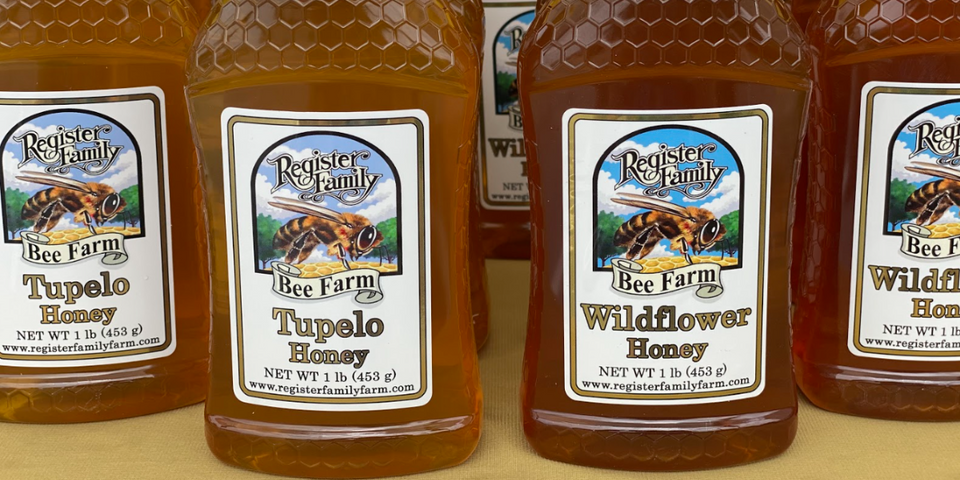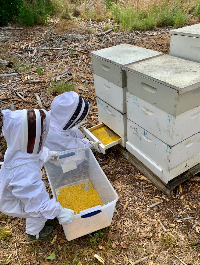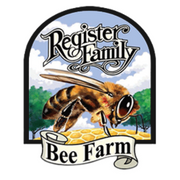
If you've ever tasted wildflower honey from different areas, you know that it's a delicious sweetener that has a wide variety of taste depending on the region it was produced. Wildflower honey has all kinds of health benefits, including reduced allergy symptoms, blood sugar regulation, improved digestion, and increased antioxidant levels. Further, keeping the honey raw and unfiltered, allows the honey to retain all the essential enzymes and nutrients. However, it's important to make sure you buy from a reputable source. Here's a look at the questions you can ask to get the best quality in your jar.
What Questions Should You Ask a Wildflower Honey Seller?
Do you have your own hives?
It’s always best to buy directly from the beekeeper. Some sellers purchase it in bulk and package it to sell rather than having their own bees. However, if the seller produces the product themselves, you can trust that they know more about the quality of what they are selling. They'll be able to tell you about how the bees are cared for, whether any chemicals are used, and what, if any, processing has occurred.
Do you filter or heat your honey?

Honey is usually loosely strained before bottling to remove the impurities, such as chunks of wax, without removing the pollen. However, if the seller uses microfiltration, you might want to consider finding your wildflower treat somewhere else, particularly if you are looking for allergy benefits.
Microfiltration in honey generally refers to filtering the honey below 10 microns to make the product look visually pure and delay the crystallization process. It also removes much, if not all, of the pollen that makes its way into the honey during the extraction process.
Heating the honey above 160 degrees Fahrenheit can prevent the fermentation of honey by killing the yeast that exists naturally in honey so that they cannot reproduce. It is also useful in delaying the crystallization process. Unfortunately, it also damages or changes the enzymes that make honey so fantastic for your body. Without these enzymes, honey is just a sweet sugary liquid. You should always ask if the seller heats or pasteurizes their honey.
How do you regulate pests and diseases in the hives?
Disease and pest pressure in the hive necessitates management practices for the survival of the honeybee that can include mechanical, fumigant, or direct contact miticides and/or supplements that, while necessary, require strict procedures and disciplined timing to do safely (for both the bees, and the honey to be harvested). Some of these treatments are just higher doses of naturally occurring agents that exist in honey such as formic acid. These treatments are safe to use in the hive because they leave no residual byproduct in the wax or honey that doesn't already exist. Other methods can be harmful if used improperly or at the wrong time. Because of this, it is important to know who is producing the honey and whether they are using the best practices for the safety of the end product and the survival of the bees.
If you're looking for high-quality wildflower honey, turn to the team at Register Family Farm in Freeport, FL. This veteran-owned business produces exquisite honey and beeswax products from their very own beehives. From candles, soap, and lip balm to rare tupelo honey and bee pollen, they source everything themselves from farm to table. Call (850) 392-7404 to speak with a team member, or visit them online to place an order.
About the Business
Have a question? Ask the experts!
Send your question

